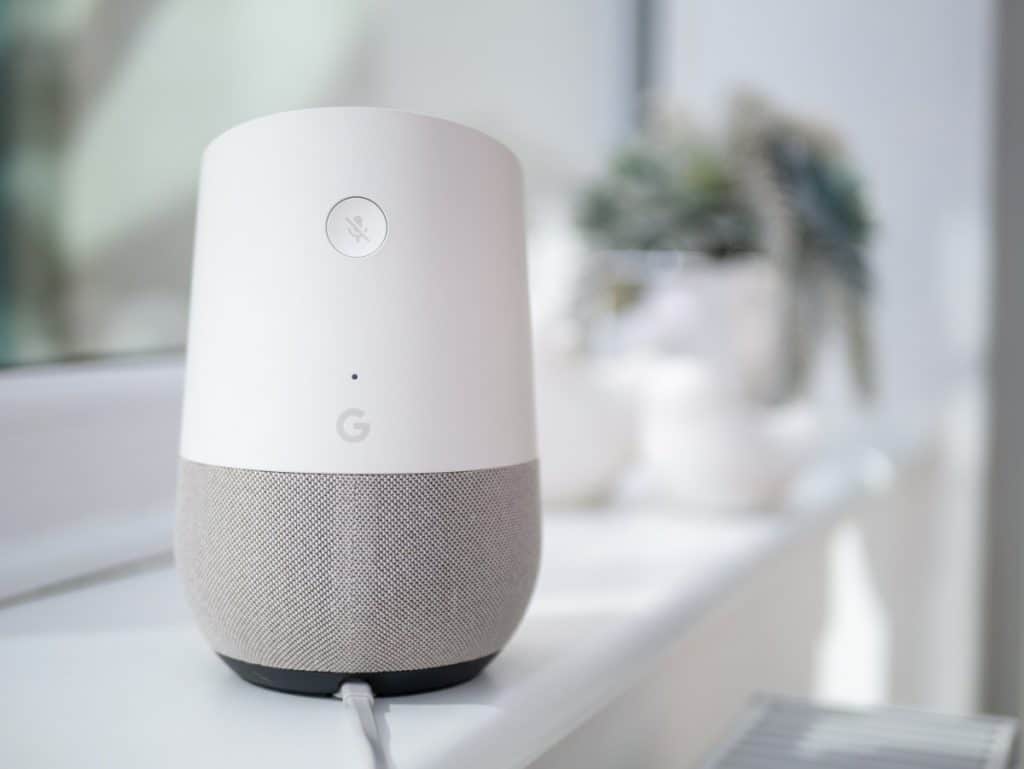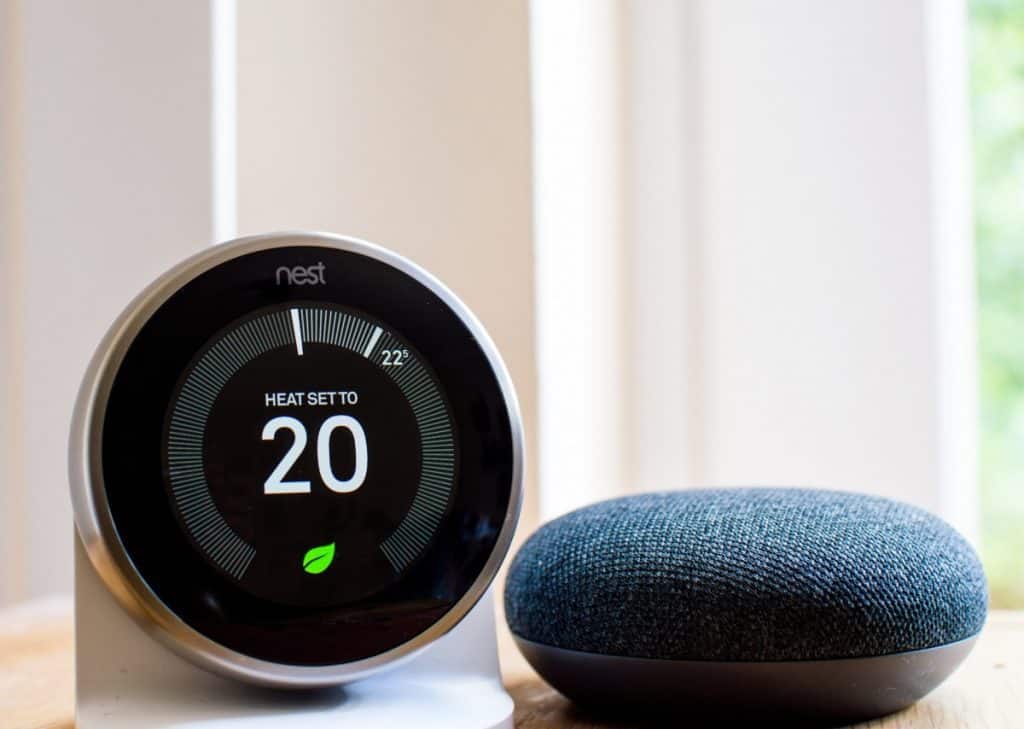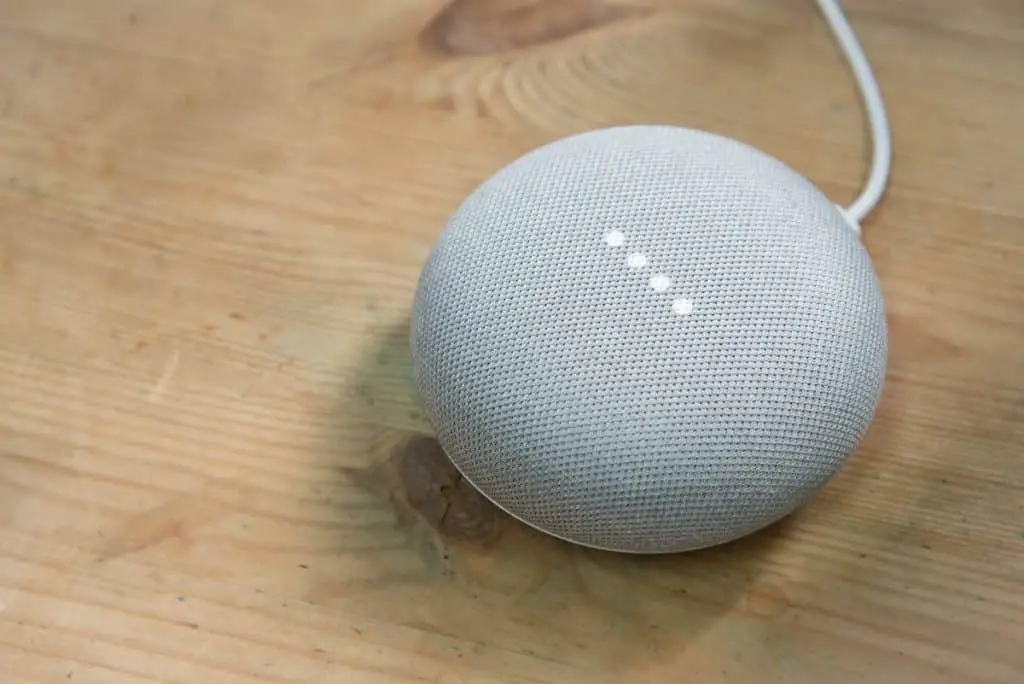The core of Google’s smart house system, Google Home, began as a speaker that followed voice commands. A Google Home device does a plethora of things, from controlling the thermostat—and providing the local weather report—to playing music. Some of the things Google Home does requires you to provide your location, but why?
Google Home needs your location because the system typically provides you with location-specific information. So if Google Home does not know where you are, it cannot give you the information you asked for.
The rest of the article will go into more depth as to why Google Home needs your location. I will also explain how Google determines your location. Keep reading!

Reasons Google Home Needs Your Location
Google Home provides valuable information, from showing you the correct local time—and weather forecast—to playing your local radio station. The location also helps Google’s core product functionality, like ensuring that websites are in the correct language.
Your Location Helps Google Home Give You the Correct Time
Google Home is commonly used to tell the time. Without location services, they can’t determine the correct time for you, especially if you ask your Google Home for the time when you’re running late for work or school.
You can also check the time in a city on the other side of the world by being specific in your question.
You Can Get the Right Weather Forecast
Google Home uses data from The Weather Channel to relay the forecast when you ask for it. Without location services, Google Home cannot give you the weather forecast in your area, as the weather forecast changes in different places.
Suppose you want a forecast from somewhere other than The Weather Channel. In that case, you can also request the weather forecast from other sources, like AccuWeather or Ambient Weather.
Google Home provides more than just the temperature forecast, too. You can also ask for the UV index, air quality, when sunrise and sunset are, and more.

Google Home Can Help Provide You With Accurate Traffic Information
Without location services, Google cannot tell you the traffic report for your drive to work or school. Google uses Google Maps to determine both the quickest route and the extent of traffic when choosing how long it will take you to get to your destination.
You can also program your home address, work or school address, or any other places you commonly go into your Google Home. This makes it faster to get the traffic report since all you would have to ask is, “how long will it take to drive to work?” or something along those lines.
Google Home Can Help You Find Local Radio Stations
Do you have a favorite local radio host? Google Home can play that radio station when they have access to your location.
You can listen to national radio stations, such as NPR, anywhere in the United States. But you can only listen to local radio stations in specific locations. It’s much more difficult to listen to local radio stations when you’re not in the city that hosts them.
Your Location Ensures Google Home Uses the Right Language
There are many languages in the world. When you are first setting up your Google Home, your location ensures that they speak in the language common to where you are setting up the device.
Suppose you generally speak in a language different from where you are setting up your Google Home device. In that case, it is very easy to change the language.
How Does Google Home Know My Location?
As I’ve already explained, Google Home needs your location for a variety of reasons. But how does it find your location?
Google Home knows your location based on real-time signals, like GPS coordinates or your IP address. It may also use data from your past activity on Google sites and services.
Your IP Address Tells Google Home Where You Are
Your IP, or internet address, is assigned to your device by your internet service provider and is required to access the internet. IP addresses are determined roughly based on geography, which is identified by websites you use, including Google.com.
When Google and other internet services know your general location, they can give you better, more relevant results. Knowing your location will also help keep you safe in case someone tries to log into your Google account from another city or any other unusual activity.

Google Home Uses Your Past Activities To Determine Your Location
Past activity, such as Google searches, helps Google determine your location. They infer where you are based on your searches. For example, if you search “cafes in Paris,” Google may ascertain that you visit or live in Paris.
After searching “cafes in Paris,” and if later searches are related to the area, Google may decide that you are still in Paris or that general area. Based on your settings, Google may include results in your search related to Paris.
Google Home Checks Your Labeled Places
Sometimes, you label places that are highly important to you, like your home, work, or school address. As I’ve said earlier, labeled places can help Google pull up driving directions faster.
As labeled places are often commonly visited spots, Google and other internet services use these places to indicate where you live or spend most of your time.
Google and other internet providers will use these indications in top search results and in advertisements shown on websites.
Your Devices Help Google Home See Your Current Location
Google can determine your precise location using your GPS coordinates for many devices, like mobile phones and computers.
GPS coordinates are determined from satellites and described by latitude and longitude. Latitude is the degree location from north-south, between 0 and 90, and longitude is the degree location from east-west, between 0 and 180.
Many mobile phone apps ask for your location for a variety of reasons, like giving you the best directions to an ATM or cafe. Some games also ask for your location for the game to work, such as Pokémon Go.
Conclusion
Google Home is an asset to smart homes. They inform you of the weather and the time, play music, turn on and off lights and the thermostat, and more. In addition, many of Google Home’s applications require your location.
Your location is needed to:
- Provide local time
- Give weather reports
- Prompt heavy traffic alerts
- Play local radio stations
- and more
Google determines your location in several ways, from real-time signals, like GPS, and past activity, such as Google searches.
